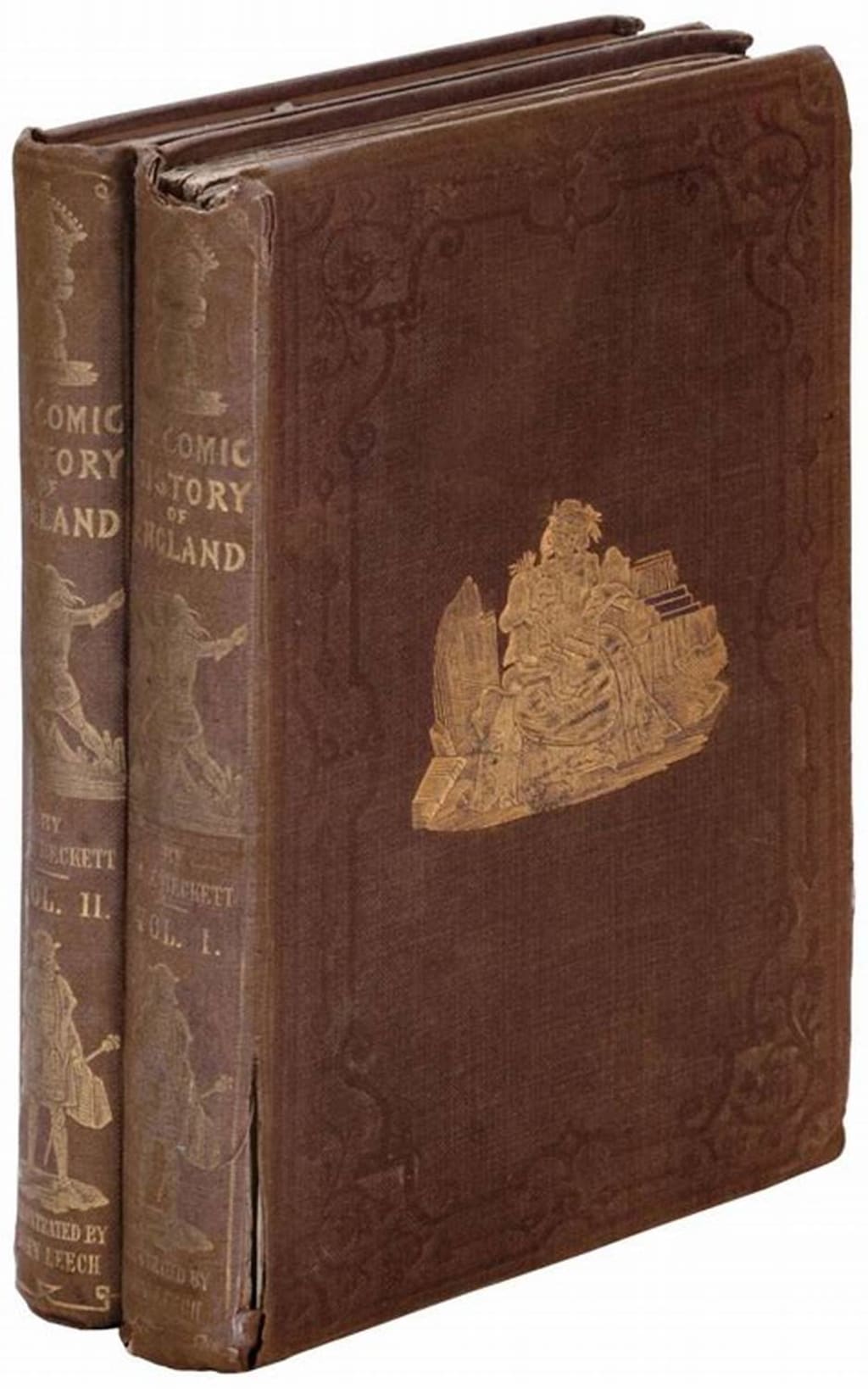
Introduction:
The Bible is a vast repository of wisdom, spiritual guidance, and historical accounts. Among its many books, the Second Book of Moses, also known as Exodus, holds significant importance for believers and scholars alike. While Exodus is often studied for its profound narratives and pivotal events, there are lesser-known aspects and valuable insights within the text that are often overlooked. In this article, we will explore some of the fascinating and thought-provoking elements that no one tells you about the Second Book of Moses.
1. The Message of Liberation:
Exodus is renowned for its narrative of the Israelites' liberation from slavery in Egypt. However, beneath this overarching theme lies a deeper message of personal and spiritual liberation. The journey of the Israelites symbolizes the universal struggle for freedom from the bondage of sin, oppression, and limitations. The story invites us to reflect on our own personal journeys and the obstacles we face on the path to freedom and self-discovery.
2. The Complexity of God's Character:
The Second Book of Moses unveils a complex and multifaceted portrayal of God's character. On one hand, God is depicted as a just and righteous judge, delivering judgments and punishments. On the other hand, God is portrayed as compassionate, merciful, and forgiving. The interplay between justice and mercy reveals a profound understanding of God's nature, emphasizing the importance of both accountability and grace in our relationship with the divine.
3. The Significance of the Ten Commandments:
Among the most iconic passages in the Bible are the Ten Commandments, which are given to Moses on Mount Sinai. While many are familiar with the commandments themselves, the underlying significance of these laws is often overlooked. The commandments serve as a moral compass, guiding believers in their relationships with God and one another. They provide a framework for ethical living and serve as a reminder of our responsibilities as individuals and members of a community.
4. The Tabernacle as a Symbolic Representation:
The construction of the Tabernacle, a portable sanctuary, is a prominent theme in Exodus. While it may appear as a mere architectural endeavor, the Tabernacle holds symbolic significance. It represents the presence of God among the people and serves as a physical manifestation of their covenantal relationship. The intricate details of the Tabernacle's construction and the rituals associated with it offer profound insights into the nature of worship, devotion, and the pursuit of spiritual connection.
5. The Role of Women in Exodus:
While the narratives of Moses and Pharaoh dominate the storyline, the Second Book of Moses also sheds light on the pivotal roles played by several women. From the bravery of Moses' mother, Jochebed, to the courage of Moses' sister, Miriam, and the bravery of the midwives Shiphrah and Puah, Exodus showcases the significant contributions of women in shaping the course of history. Their actions highlight the power of resilience, compassion, and determination in the face of adversity.
Conclusion:
The Second Book of Moses, Exodus, offers more than just a historical account of the Israelites' journey from slavery to freedom. It presents timeless lessons, profound insights, and deep spiritual truths that continue to resonate with believers today. By exploring the lesser-known aspects of Exodus, we gain a richer understanding of the book's message and its relevance to our lives. From the theme of liberation to the complexity of God's character, the significance of the Ten Commandments, the symbolism of the Tabernacle, and the roles of women, Exodus invites us to delve deeper into its narratives and glean wisdom for our own spiritual journeys.
The Book of Moses presents a rich tapestry of narratives, moral lessons, and genealogies that provide insight into the ancient Hebrew worldview and the formation of the Israelite nation.





Comments
There are no comments for this story
Be the first to respond and start the conversation.